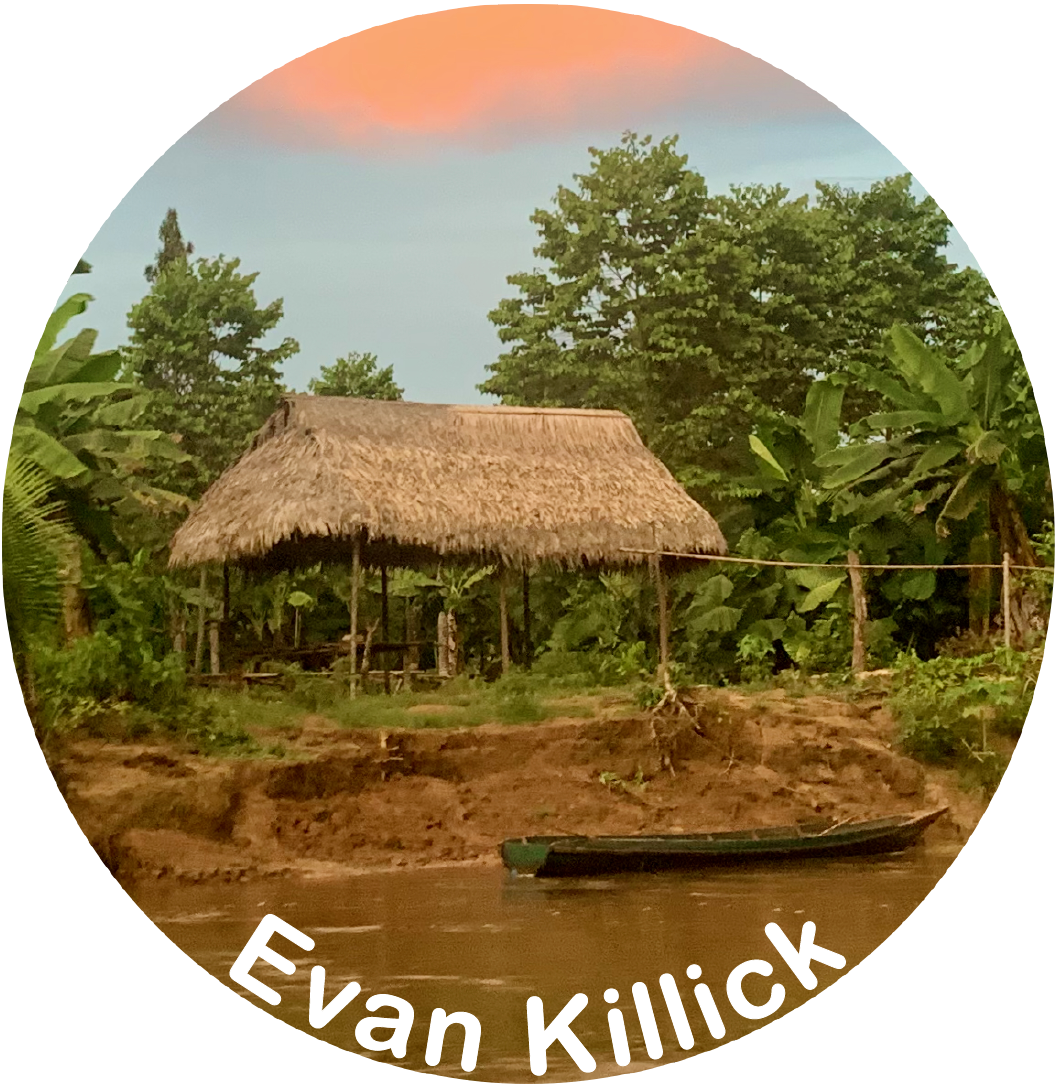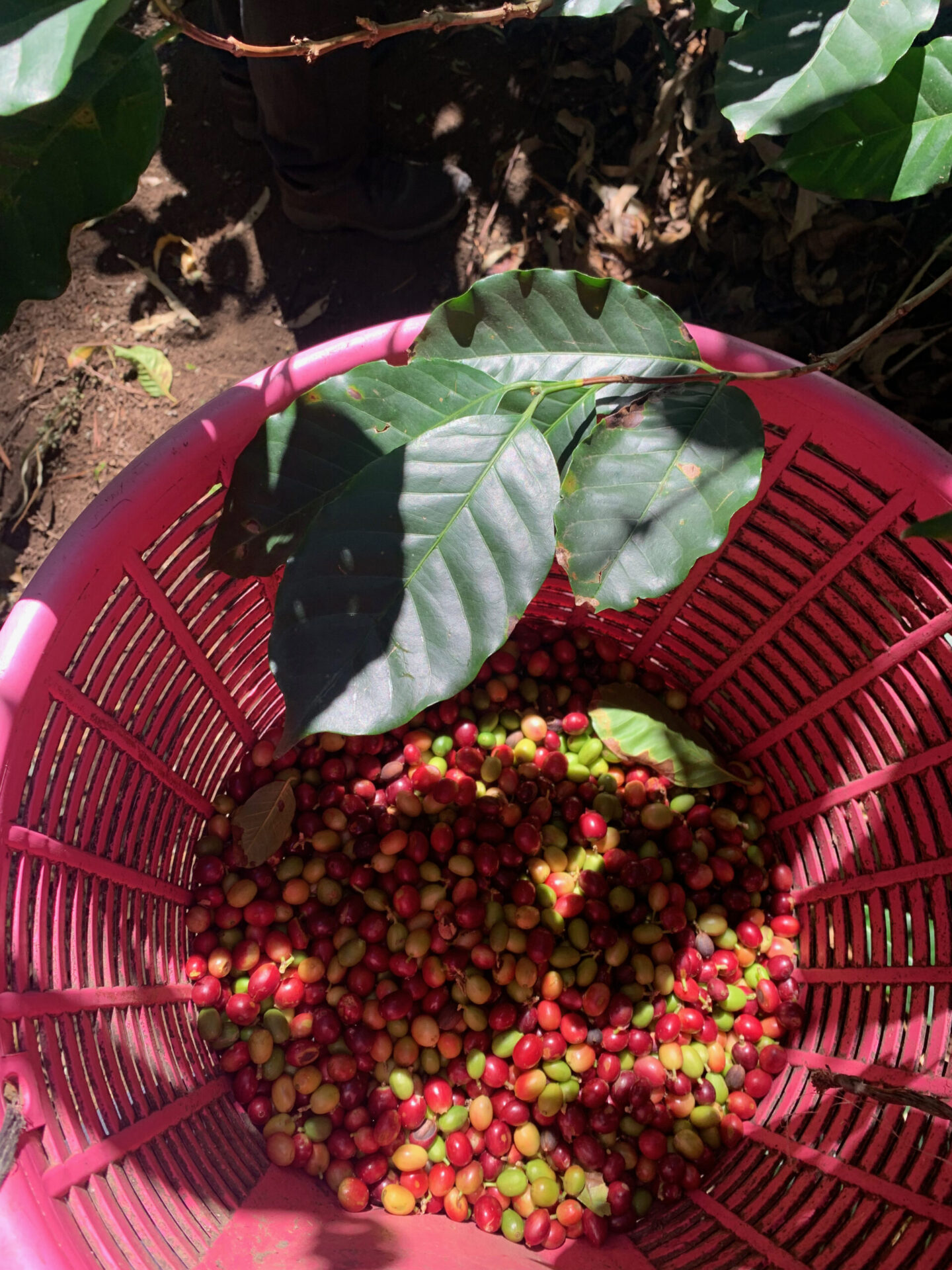
Producing Quality and Inequality in the Costa Rican Coffee Industry
Working with my colleagues Dr. Layla Zaglul Ruiz and Dr. Peter Luetchford and building on their previous work in Costa Rica on Fairtrade coffee and bananas, the project centred on new trends in the coffee industry that aim to raise the quality of small-scale production and reduce inequalities within the industry.
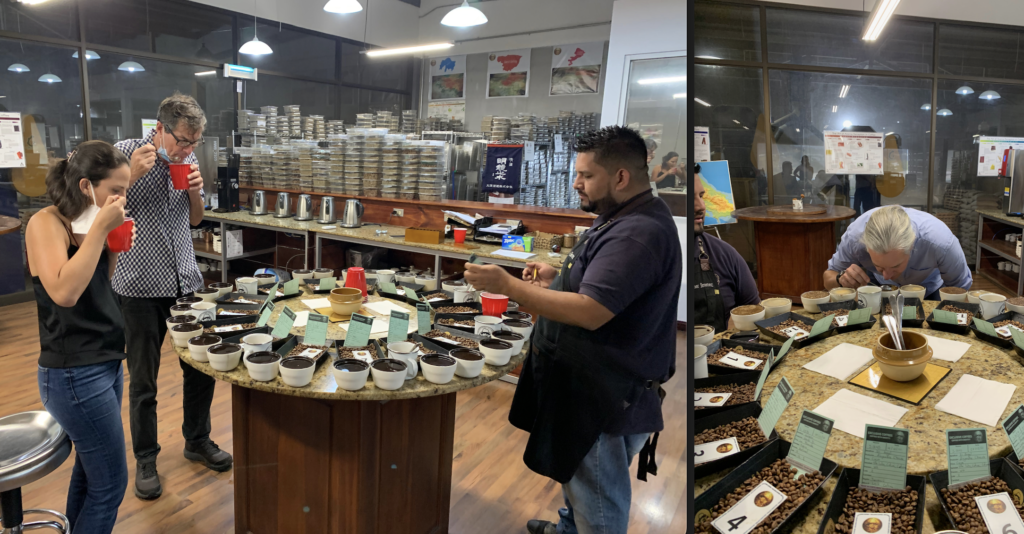
With funding first from the Sussex Sustainability Research Program and then an HEIF grant for the project ‘Supporting Social, Environmental and Economic Sustainability in the Costa Rican Coffee Industry‘ the work focused on micro-lotting (the growing of specific coffee varieties on small plots) and using narratives around individual growers’ personal stories (see for instance Horsham Coffee Roaster’s advertisement of Costa Rican Coffee) this approach seeks to increase the economic returns to producers. While assessing the positives of such strategies, our work also explored how such a focus on individual economic relations undermines the older collective risk management provided by Costa Rica’s established local cooperatives that have long been at the centre of coffee production.
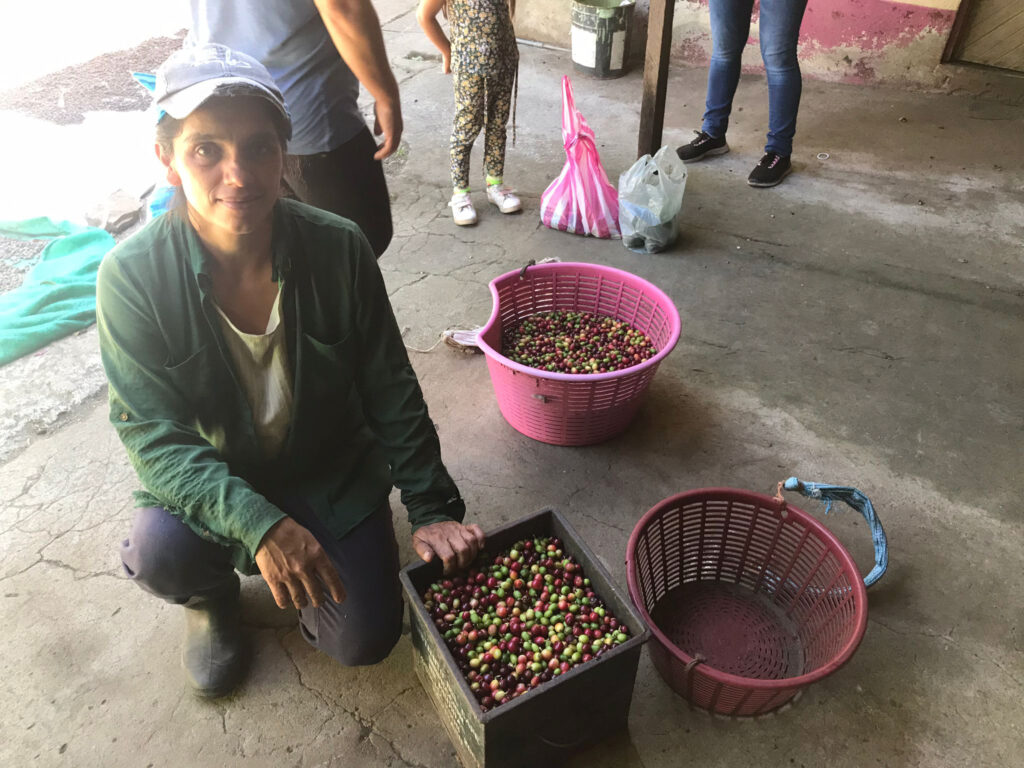
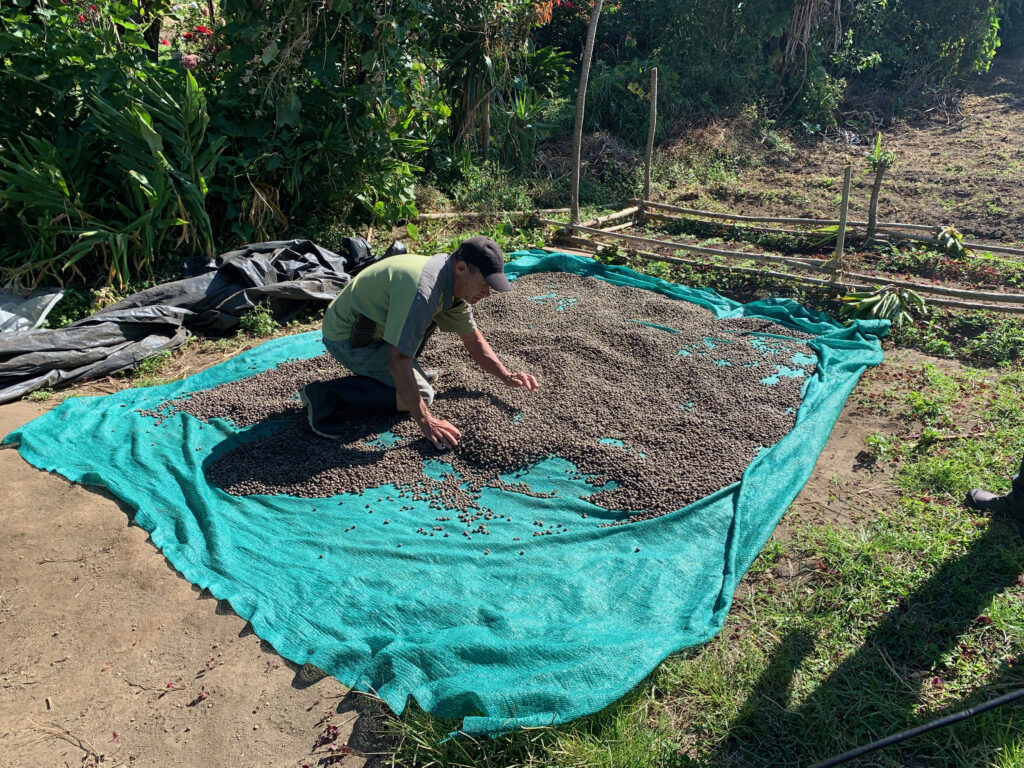
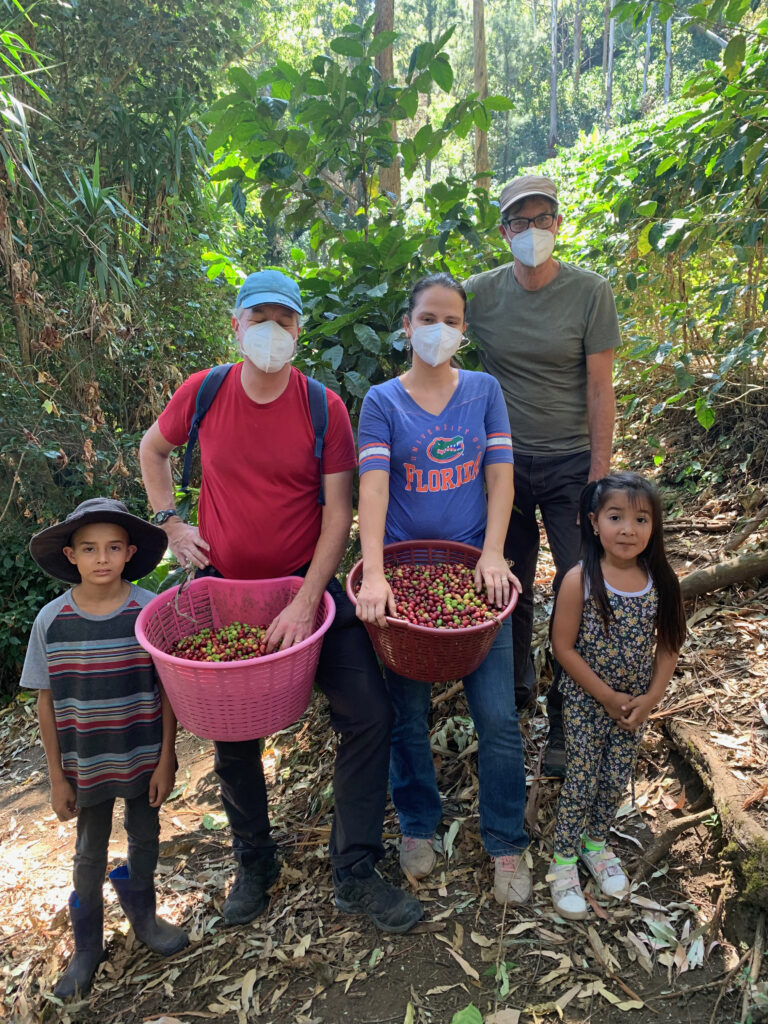
Alongside the wider research interests, an internal report (in Spanish) was produced collaboratively with Icafe to improve their communication efforts with producers and consequently enhance coffee bean farms’ productivity and sustainability.
A summary of the report is available in Spanish and English:
